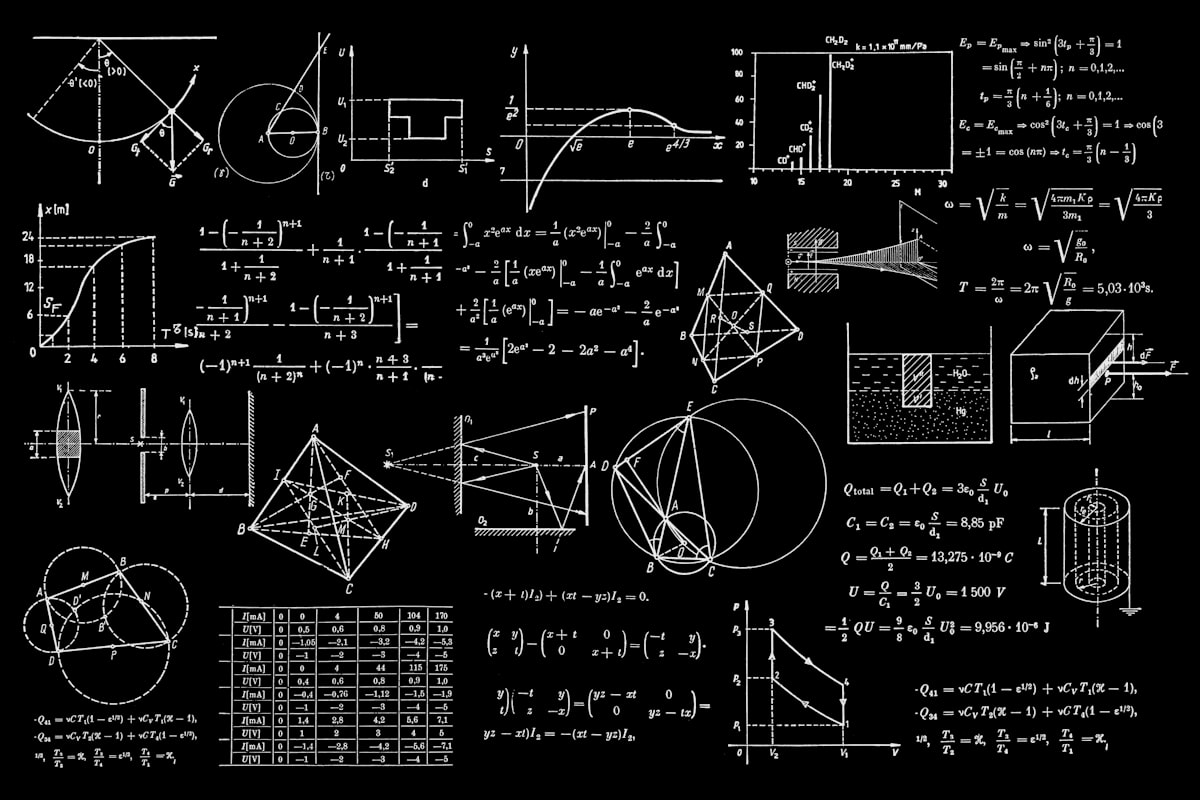
Securing Earth's Orbital Future
OrbitArch is pioneering the next era of space sustainability through artificial intelligence and autonomous systems, ensuring safe access to space for generations to come.
Explore Our Mission
OrbitArch is pioneering the next era of space sustainability through artificial intelligence and autonomous systems, ensuring safe access to space for generations to come.
Explore Our MissionEarth's orbits are becoming increasingly congested with over 28,000 tracked debris objects traveling at speeds up to 17,500 mph. A single collision can create thousands of new fragments, potentially triggering a cascading chain reaction known as Kessler Syndrome.
This scenario would render entire orbital regions unusable for decades, threatening global communications, weather monitoring, and space exploration capabilities.
Current tracking systems can only monitor about 5% of the estimated debris population, leaving most satellites vulnerable to unseen collisions.
We're developing an integrated approach to space traffic management that combines cutting-edge AI with autonomous satellite operations to prevent collisions before they occur.
Our proprietary quantum radar system detects debris as small as 1cm across, providing unprecedented situational awareness in all orbital regimes. This 20x improvement over conventional systems enables early warning of potential collisions.
The system leverages quantum entanglement to maintain precision across vast distances, with real-time updates to our global debris catalog.

Our neural networks analyze orbital mechanics with human-like intuition but at machine speed, predicting collision risks weeks in advance with 99.97% accuracy.
The system continuously learns from new data, improving its predictive models with each near-miss event and orbital adjustment it observes.

When threats are detected, our system automatically calculates optimal avoidance maneuvers and can execute them without human intervention when milliseconds matter.
The algorithms balance collision risk against fuel efficiency and mission priorities, ensuring satellites remain operational while staying safe.

OrbitArch was founded to prevent the tragedy of the commons in space. We believe access to orbit is a right for all humanity, but with that right comes responsibility.
By 2030, we aim to reduce preventable collisions by 90% and establish the first self-sustaining debris-free orbital corridor in Low Earth Orbit.
Join Our Mission